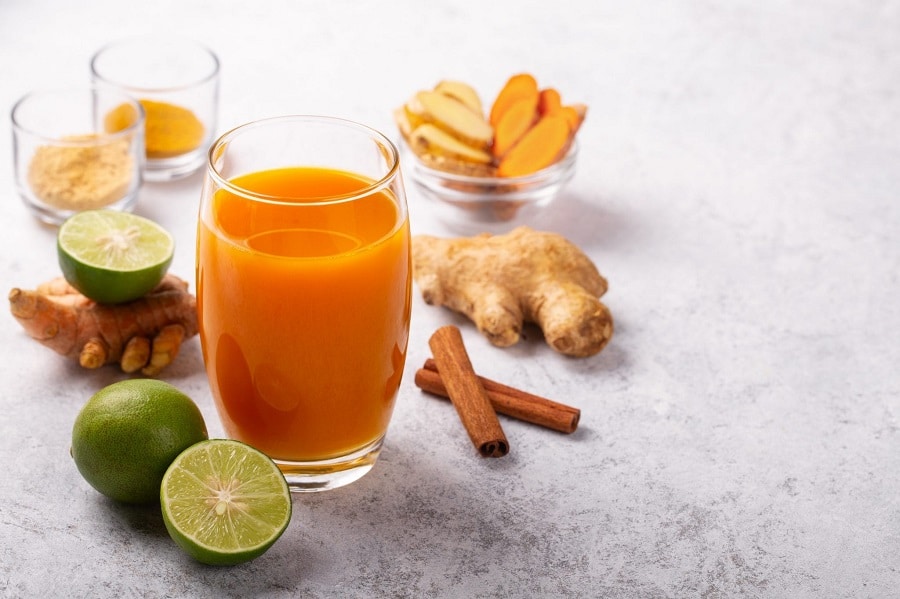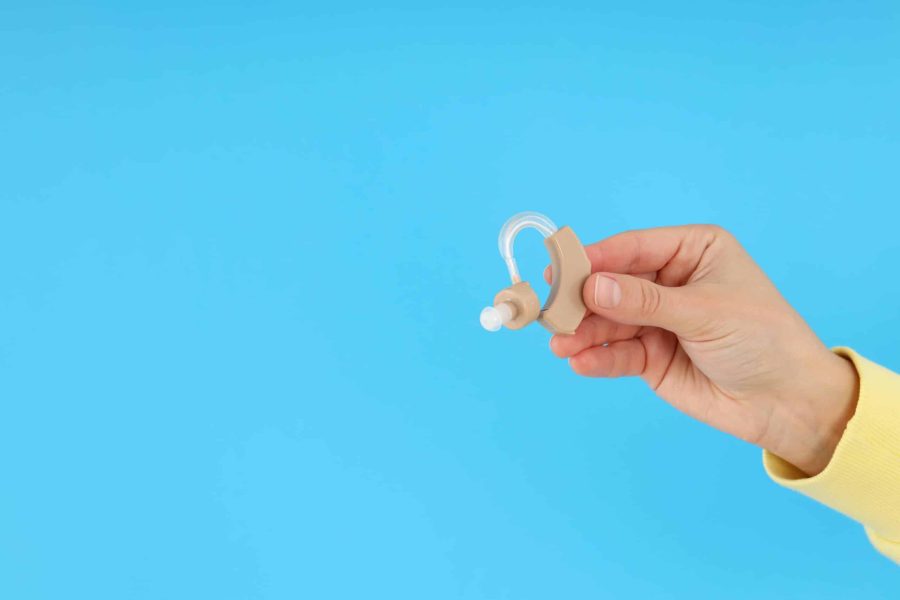For centuries, red wine has been celebrated as a delightful beverage and a health elixir. From ancient civilizations to modern dinner tables, red wine has been credited with various health benefits, including the tantalizing promise of anti-aging. But how much of this is rooted in science, and how much is simply folklore? This article aims to dissect the claims and counterclaims surrounding the alleged anti-aging benefits of red wine. Through a balanced examination of scientific studies, historical context, and biological mechanisms, readers will gain a comprehensive understanding of whether red wine truly holds the key to the fountain of youth.
Contents
The History Of Red Wine As A Health Elixir
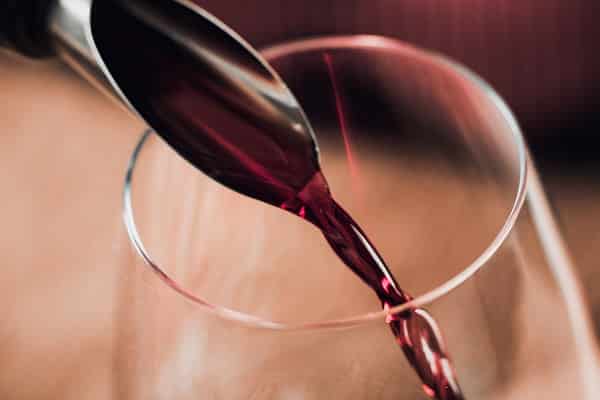
Red wine’s reputation as a health-promoting substance dates back to ancient times. Civilizations like the Greeks and Romans used wine for medicinal purposes, including as an antiseptic and a digestive aid. The concept of wine, particularly red wine, as an anti-aging elixir has roots in these historical practices. The belief was so widespread that even some religious texts mention wine’s healing properties.
In the modern era, the notion of red wine as a health elixir has been popularized through various media outlets and health publications. However, it’s essential to note that while historical accounts provide a rich context, they are not scientific evidence. Does red wine genuinely offer anti-aging benefits, or is this merely a romanticized notion passed down through generations?
What Constitutes Red Wine?
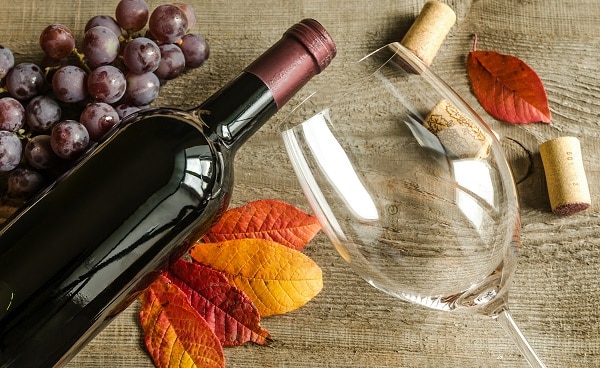
Understanding what makes red wine unique is crucial for evaluating its potential health benefits. Red wine is made from dark-colored grape varieties and typically includes grape skins, seeds, and stems during fermentation. This process results in a beverage rich in certain compounds like resveratrol, flavonoids, and tannins, often cited in discussions about its health benefits.
These bioactive compounds interact with biological systems, potentially offering various health advantages. Resveratrol, for instance, is a type of polyphenol that has been studied for its antioxidant properties. Flavonoids also possess antioxidant qualities, while tannins contribute to the wine’s flavor and may have their own health benefits. These components form the basis for the argument that red wine could have anti-aging effects.
The Science Behind Anti-Aging

Anti-aging is a term that often appears in marketing materials and popular media, but what does it mean scientifically? In biological terms, aging involves various processes, including cellular senescence, DNA damage, and oxidative stress. These processes contribute to the physical and cognitive decline associated with getting older. The idea is that mitigating these factors could theoretically slow down the aging process.
Substances like resveratrol in red wine are thought to interact with these aging processes. For example, resveratrol has been shown to activate certain body pathways involved in cell survival and stress resistance. However, most of these studies have been conducted in animal models or in vitro, meaning their applicability to humans remains a subject of ongoing research.
Studies Supporting The Anti-Aging Benefits Of Red Wine

Several scientific studies support the notion that red wine has anti-aging benefits. For instance, research has shown that resveratrol can extend the lifespan of yeast, worms, and even some fish. These studies often focus on how resveratrol affects cellular mechanisms, such as activating the SIRT1 gene linked to longevity.
However, it’s crucial to approach these findings with caution. Many of these studies have limitations, such as small sample sizes or a focus on non-human subjects. Additionally, the concentration of resveratrol in red wine is much lower than the amounts used in these studies, raising questions about the practical implications of these findings for human consumption.
The Role Of Moderation
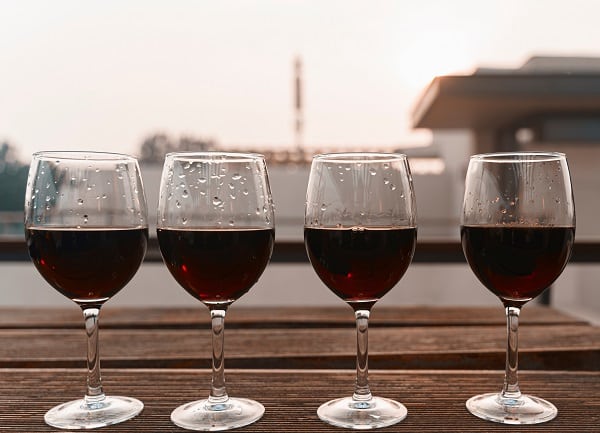
The saying “too much of a good thing can be bad” holds when discussing red wine and its potential health benefits. Consuming red wine in excess can lead to a range of health issues, including liver disease, increased risk of certain cancers, and other alcohol-related problems. These negative effects could easily outweigh any potential anti-aging benefits.
It’s also worth noting that the alcohol content in red wine can have detrimental effects, especially when consumed in large quantities. Moderation is key for those considering red wine for its potential anti-aging benefits. Medical guidelines recommend limiting consumption to one glass per day for women and up to two for men.
Alternatives To Red Wine For Anti-Aging

For those skeptical about red wine’s anti-aging benefits or who prefer not to consume alcohol, there are alternative routes to explore. Antioxidant-rich foods like berries, nuts, and green tea offer some of the same compounds found in red wine, such as flavonoids. Exercise is another proven method for improving longevity and reducing the signs of aging.
A balanced diet rich in fruits, vegetables, and lean proteins can contribute to a healthier, longer life. Some studies even suggest that caloric restriction without malnutrition can extend lifespan, although this is still a topic of ongoing research. These alternatives provide multiple pathways for those interested in anti-aging strategies without relying on red wine.
Practical Tips For Consuming Red Wine
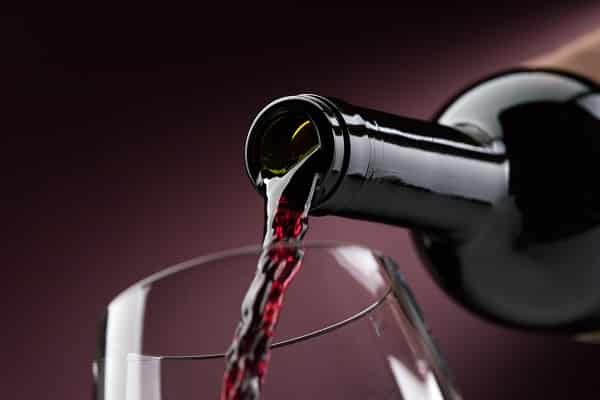
If one chooses to incorporate red wine into their anti-aging regimen, there are practical considerations to consider. Opting for high-quality red wines that are rich in polyphenols is a good start. Some varieties, like Pinot Noir and Cabernet Sauvignon, are particularly high in these beneficial compounds.
Timing and portion control are also important. Consuming red wine with meals can enhance its antioxidant absorption while also mitigating some of the negative effects of alcohol. As for serving sizes, sticking to the recommended guidelines of one glass for women and up to two for men can help ensure that any potential benefits are not outweighed by the risks.
The Bottom Line
The question of whether red wine offers anti-aging benefits is complex and nuanced. While some scientific studies support the idea, others challenge it, and many suffer from methodological limitations. The key compounds in red wine, such as resveratrol, have shown promise in laboratory settings, but their effectiveness in humans remains a subject of debate. Moreover, the potential benefits of red wine must be weighed against the risks, especially when considering the negative health impacts of excessive alcohol consumption.

